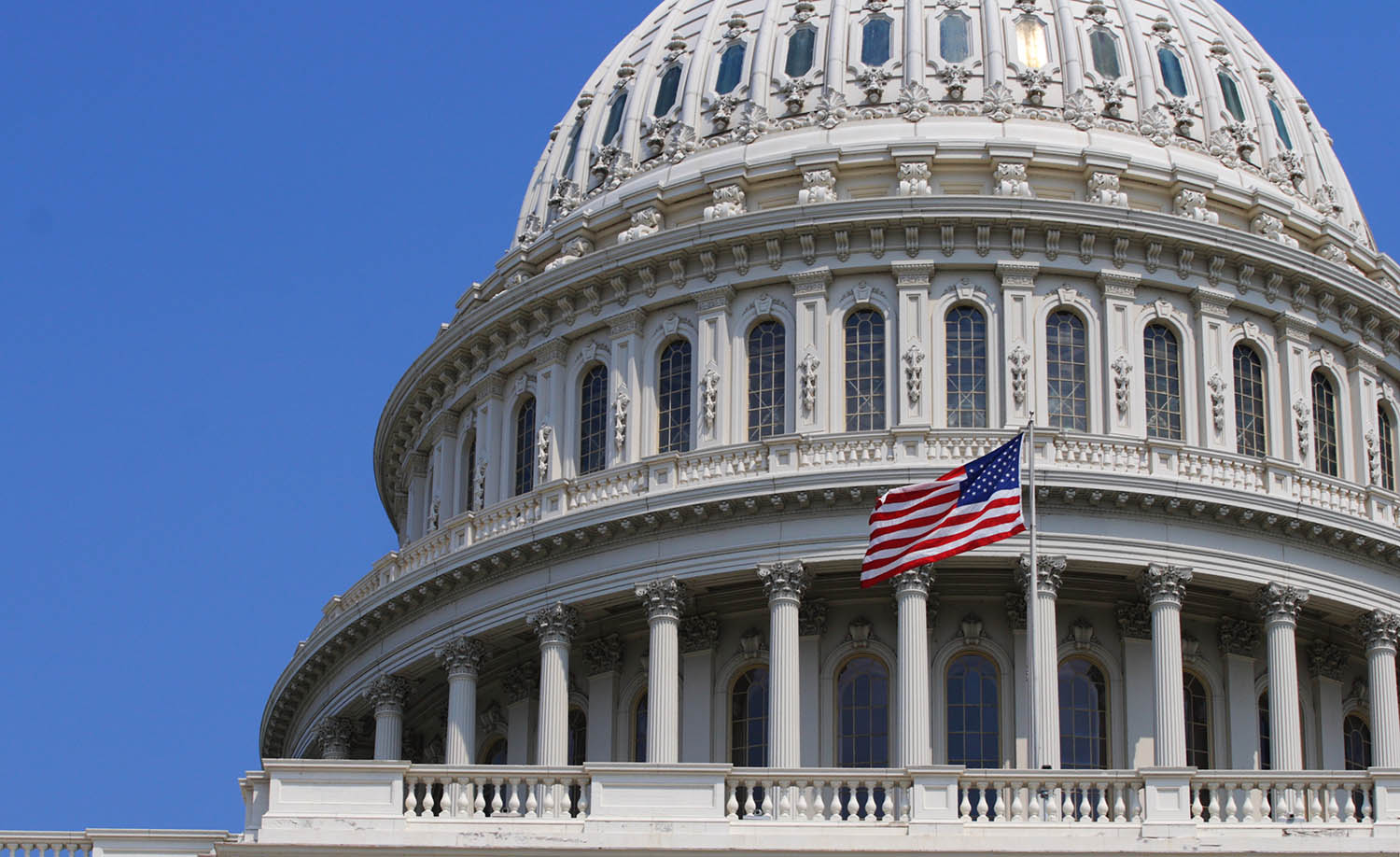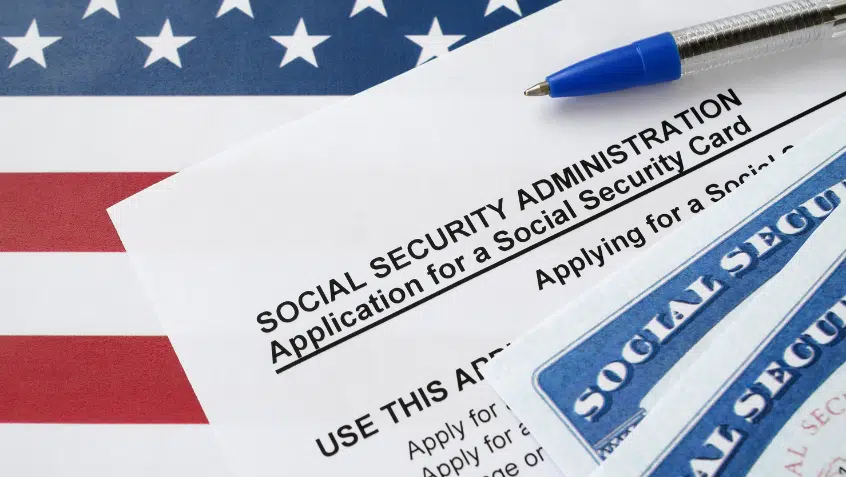Medicare Rights President Urges Caution for Telehealth in Testimony Before Congressional Health Subcommittee

Yesterday, Medicare Rights Center President Fred Riccardi testified at a hearing of the U.S. House Committee on Energy & Commerce, Subcommittee on Health, titled “Legislative Proposals To Support Patient Access To Telehealth Services.”
The COVID-19 outbreak spurred significant changes in Medicare telehealth. Early in the pandemic, it was clear that Medicare beneficiaries were at high risk. Policymakers responded quickly, temporarily relaxing restrictions so more beneficiaries could obtain telehealth through more types of technology, from more providers, and at more locations, than ever before.
The COVID-related changes represent the biggest shift in Medicare telehealth since those services were created over 25 years ago. They were critical during the pandemic, helping many beneficiaries access care safely and responsibly, likely leading to improved health outcomes.
Though initially set to expire with the COVID-19 public health emergency (PHE) period and other since-passed deadlines, Congress extended many of these flexibilities through the end of 2024, to allow time for deliberate policymaking and to avoid abrupt care disruptions. Yesterday’s hearing featured 15 bills before the Committee that seek to make some changes permanent or otherwise expand coverage.
Medicare Rights recognizes that telehealth holds great promise. Based on our experience counseling people, we know that not all beneficiary experiences with the PHE’s expansions have been positive. Some callers to our national helpline have enjoyed greater access to care, while others have been left behind. We are also concerned about gaps in data. The value of these telehealth services to beneficiaries and their impact on health care disparities remain largely unexamined, though existing research suggests inequities between in-person and remote care quality, as well as in telemedicine access across a range of demographic and geographic factors.
As a result, Medicare Rights believes that continuing the pandemic-era system without adjustments to incorporate lessons learned—such as the need for additional data, oversight, and guardrails—would be a missed opportunity.
As Mr. Riccardi explained to the Subcommittee, “To be clear, we agree that modernization is needed. The overly restrictive pre-pandemic Medicare telehealth rules no longer reflect the technology, medical, or clinical landscape. However, we are unconvinced that the flexibilities and lack of enforcement necessary during the PHE, a highly specific time of crisis, will best serve beneficiaries and Medicare long term.”
Congress now has a generational opportunity to shape future care for millions of current and future beneficiaries. In his written testimony, Mr. Riccardi encouraged a thoughtful and evidence-based policymaking approach that centers people with Medicare and weighs the experiences of the past four years—and their limitations.
To support these efforts, Mr. Riccardi outlined a set of principles for lawmakers to consider as they contemplate legislative changes.
“These guideposts are rooted in our collective advocacy and Medicare Rights’ 35 years of experience helping people understand and navigate Medicare. As Congress looks for consensus solutions this year, we recommend prioritizing telehealth policies that (1) Meaningfully increase access—supplementing, not supplanting in-person care; (2) promote health equity; (3) include robust consumer protections and oversight, and (4) drive high-quality care.
“Adhering to these goals will best ensure a system that works for all people with Medicare, regardless of where they live, the coverage pathway they choose, or how they prefer to receive care.”
Click here to read the full testimony. Watch the hearing below.
The Latest
Most Read
Trump Administration and Elon Musk’s DOGE Closing Social Security Offices, Harming Access to Services
Threats to the Social Security Administration and to Benefits Continue to Raise Alarm
New Resources Show House Budget Would Slash Medicaid, Despite Voters’ Support of Program
Federal Government Funding Decisions Loom
Add Medicare to Your Inbox
Sign up to receive Medicare news, policy developments, and other useful updates from the Medicare Rights.
View this profile on InstagramMedicare Rights Center (@medicarerights) • Instagram photos and videos









